I haven’t read a lot of physics education research recently, but this article on how “Physics instructors’ knowledge and use of active learning has increased over the last decade but most still lecture too much” caught my eye. Continue reading
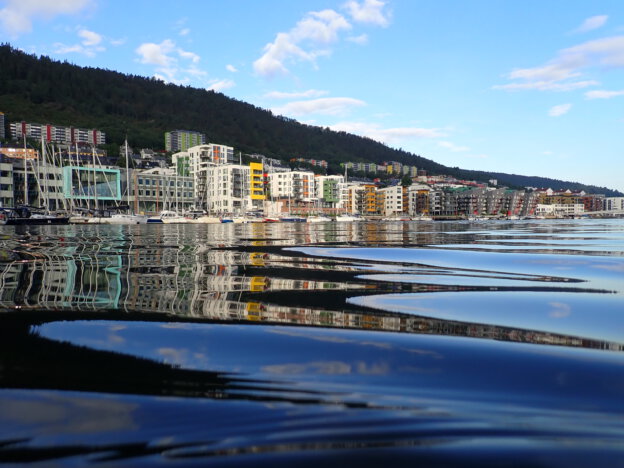

I haven’t read a lot of physics education research recently, but this article on how “Physics instructors’ knowledge and use of active learning has increased over the last decade but most still lecture too much” caught my eye. Continue reading
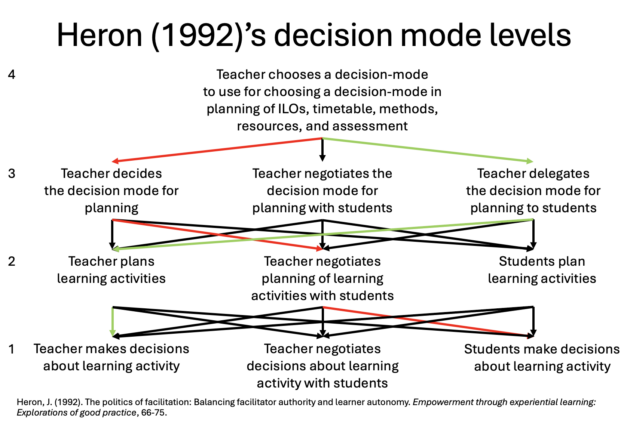
I have been thinking a lot about how we want to share responsibility when co-creating, responsibility for what, and sharing with whom, and then Cathy recommended the Heron (1992) chapter “The politics of facilitation: Balancing facilitator authority and learner autonomy”, and suddenly I have a super helpful framework to think about these things!
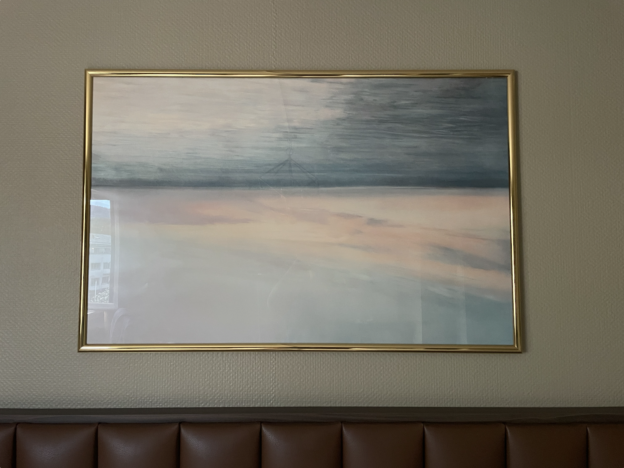
This blogpost is mostly a note to myself so that I don’t have to search for the database of methods for non-violent protest and persuasion next time I need it! Almost 200 methods, what a treasure for inspiration! They are grouped into “protest and persuasion”, “non-cooperation” and “intervention” (getting more and more confrontational), each with several subcategories. Many of the methods I had never heard of, or not actually realized what they were. Each method has its own site with historical examples. Brilliant!
P.S.: Featured image: This is my fourth night in this hotel room and I keep wondering — is this the way the image is supposed to be hung? Did the decorator make a mistake when they first decorated this hotel? Was it some guest who thought it would be funny to turn it upside down? And now: Is this a form of non-violent protest that is still missing on the list? What were they protesting, though? Anyway, really like the picture, and it has made me think a lot!
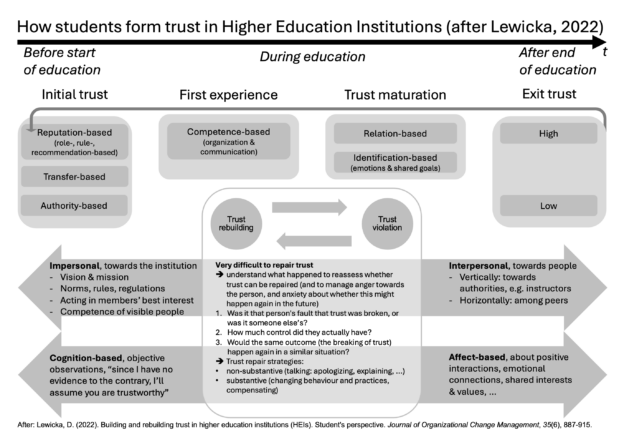
Lewicka (2022) investigates how trust in higher education institutions is build (and rebuilt). This is a much broader question than the one that we have investigated, but I recognize many of the elements that we saw in our study, too. I had to redo their figure in order to process it, and here is my summary.
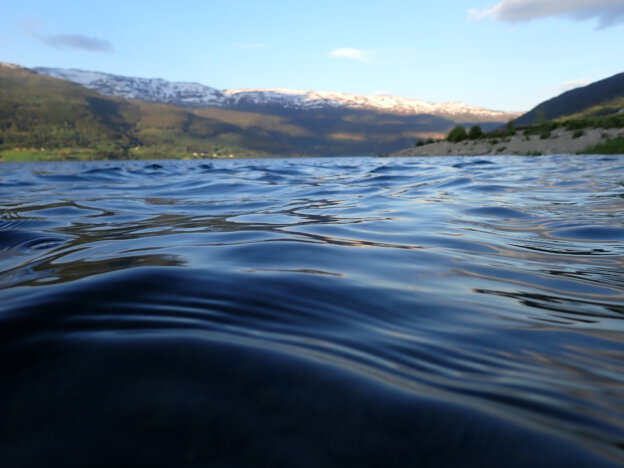
Clearly I am not completely done with Social Media yet, so much to read, so much to think about…

Time for another iEarth Journal Club article summary, this time about authenticity in assessment!
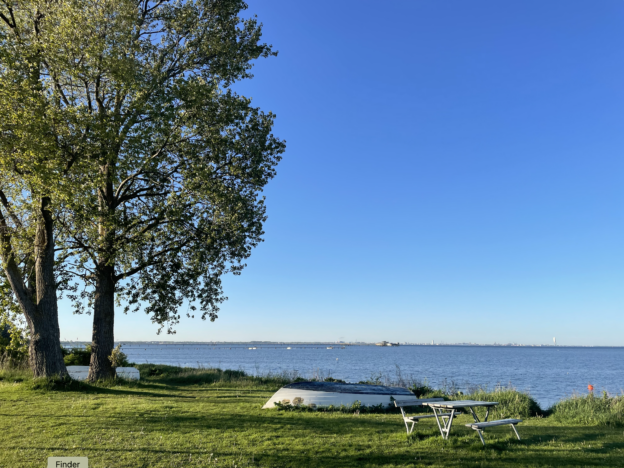
Ok, so I just published two blog post, last weekend and today, on how I have lost interest in social media. And then I came across an article on a “Social Media Entry Model” for teachers to enhance student learning outcomes, by Machado et al. (2024), and here I am again… Curious enough to read the article, but yeah, maybe using social media to enhance student learning is pretty problematic!
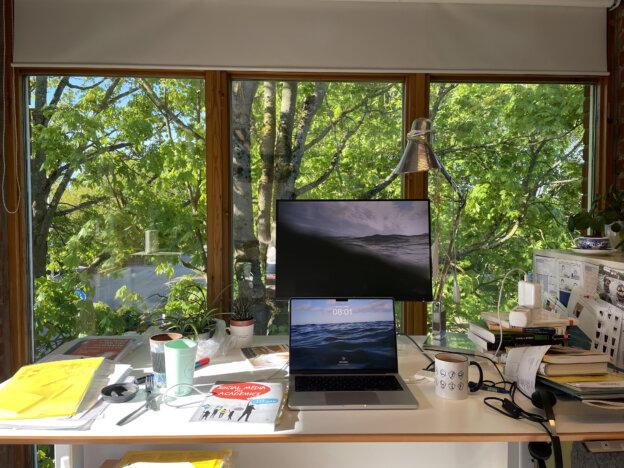
I’ve been teaching about social media for academics in one way or another for a long time. I have recommended at least two books to read (links to my blogposts on “The Science of Communicating Science — The Ultimate Guide” by Craig Cormick, and “Communicating Climate Change” by A. K. Armstrong, M. E. Krasny, J. P. Schuldt (2018) — recommendations to read still standing!), and I remember how reading “Science blogging. The essential guide” gave me so much confidence because I felt that it legitimised this blog. And now I recently read another book that I found super enlightening, and totally recommend: Social media for academics, by Carrigan (2020). It might sound like a weird approach to read a book about using something that is changing as quickly as social media, and especially a book whose latest, second edition is already four years old. But I really appreciated the bigger and more analytical perspective, and lots and lots of nuggets of wisdom. My main takeaways below!
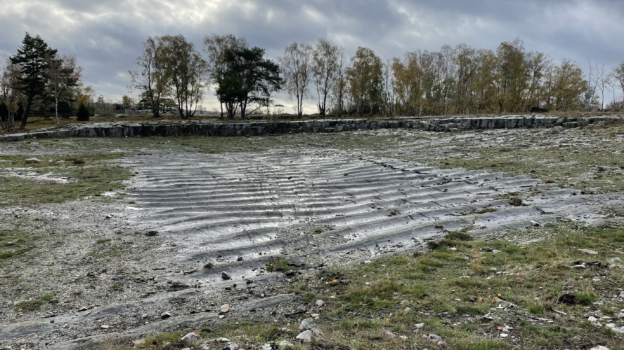
Recently, I have read a bit about how claiming to be the first to do/research/find/describe/discover/explain is really a form of colonialism, not the proof of excellence we commonly think it is.
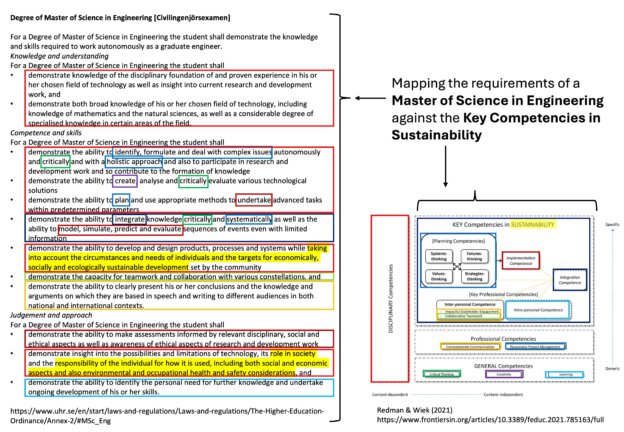
This is just a quick and dirty mapping, but even though details can certainly be discussed, I think that there is nevertheless a striking overlap between what the Swedish law from 1993 says a student shall demonstrate for a Degree of Master of Science in Engineering, and what Redman & Wiek (2021) suggest as key competencies in sustainability.